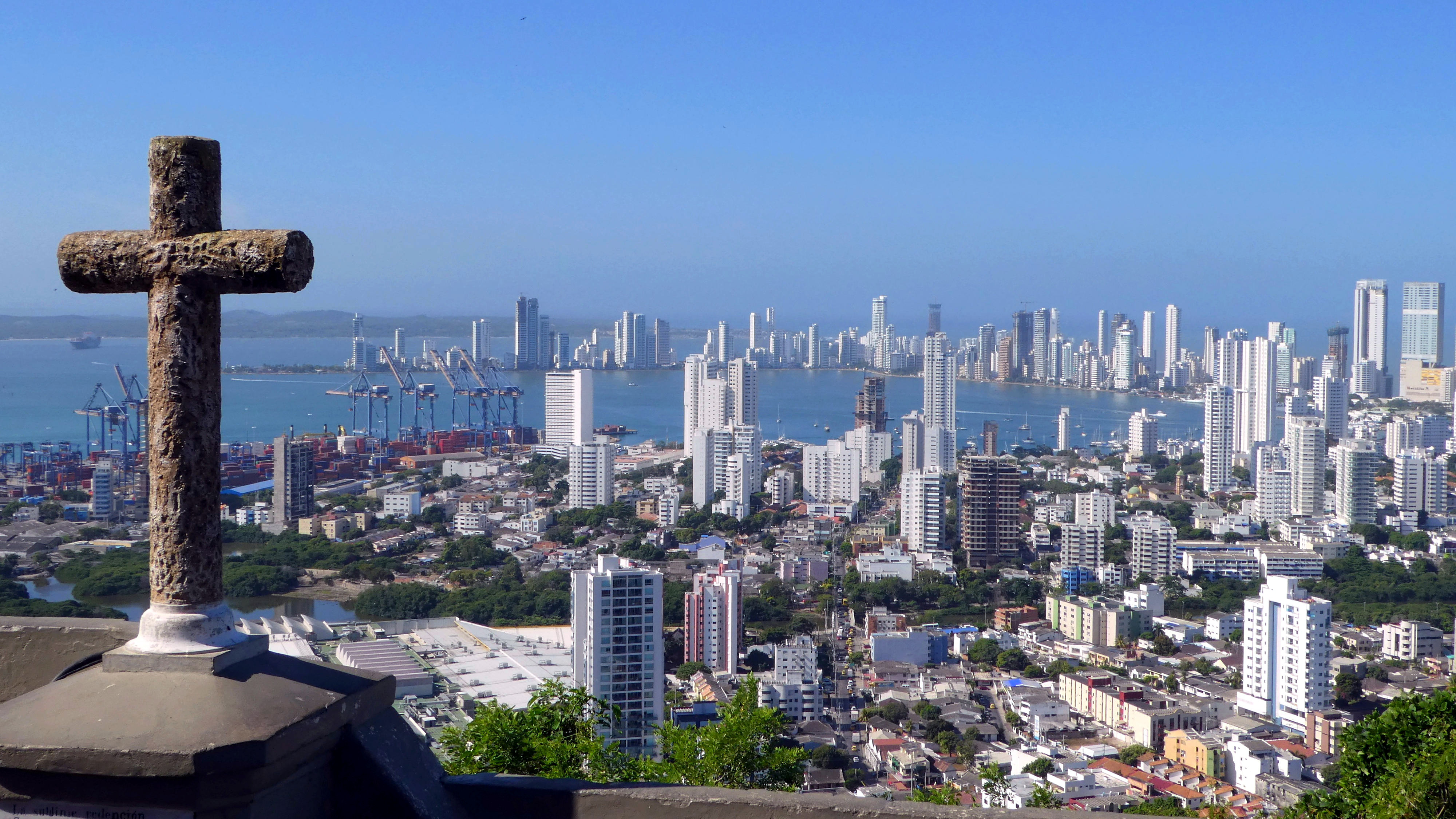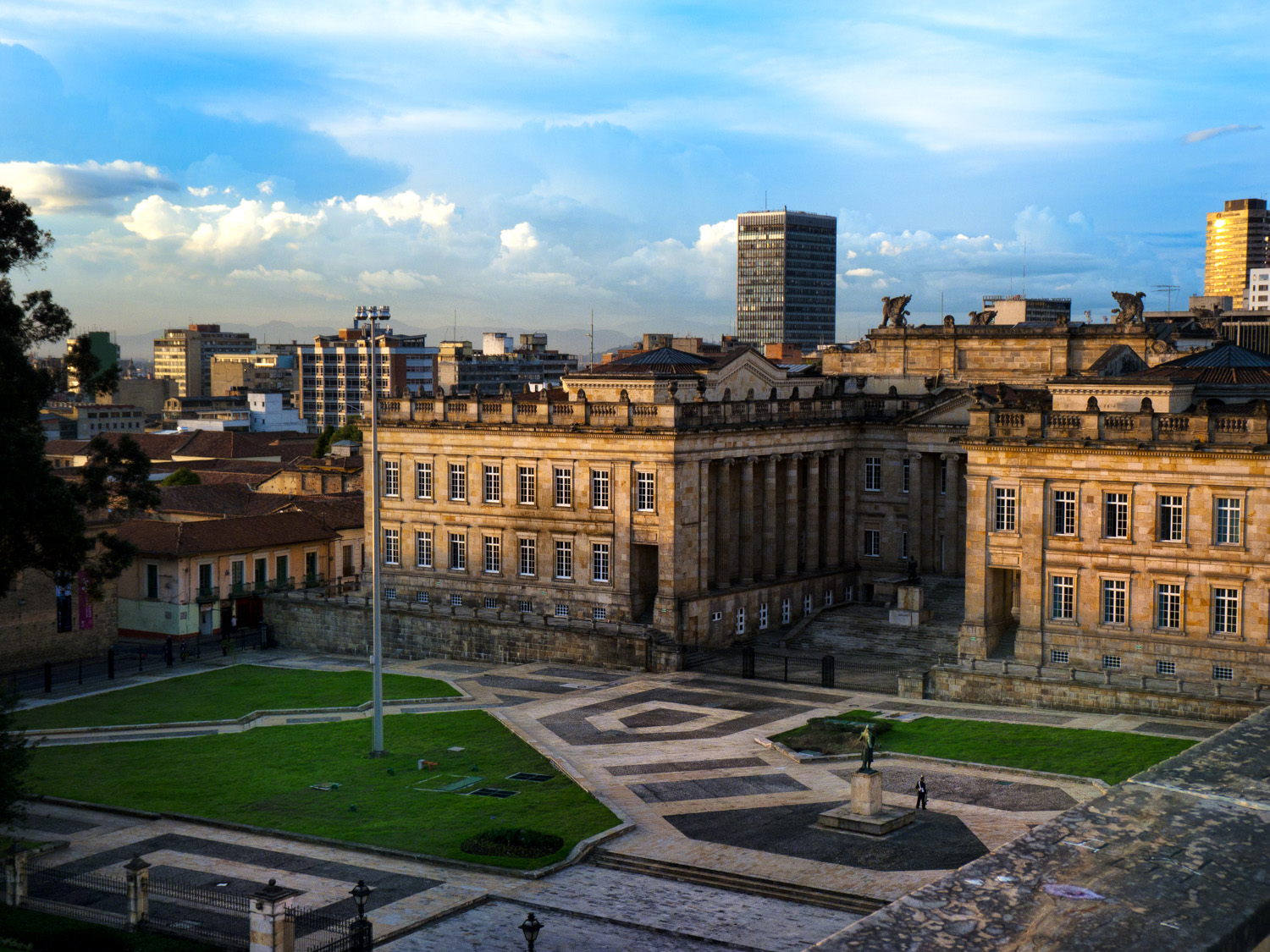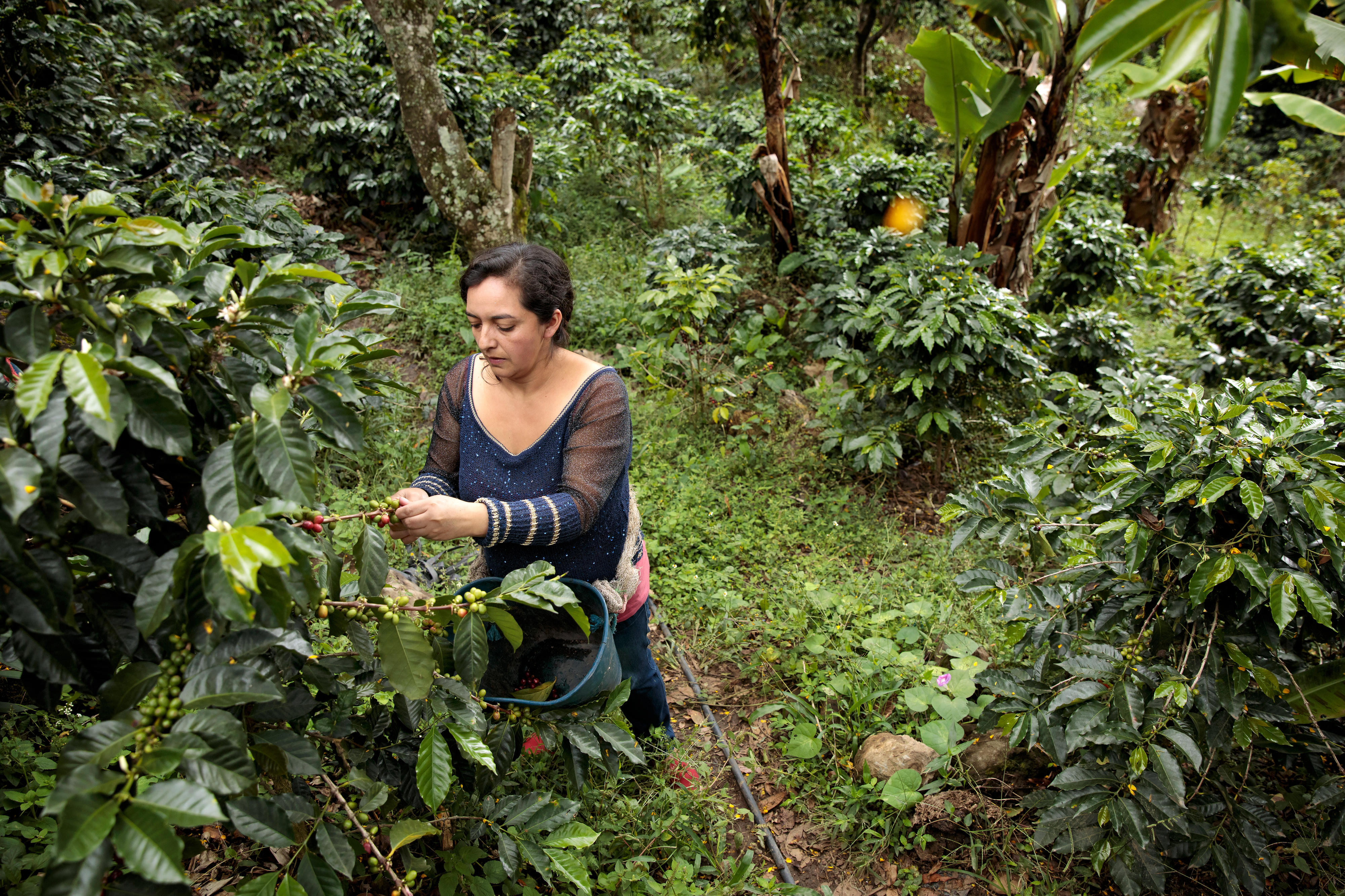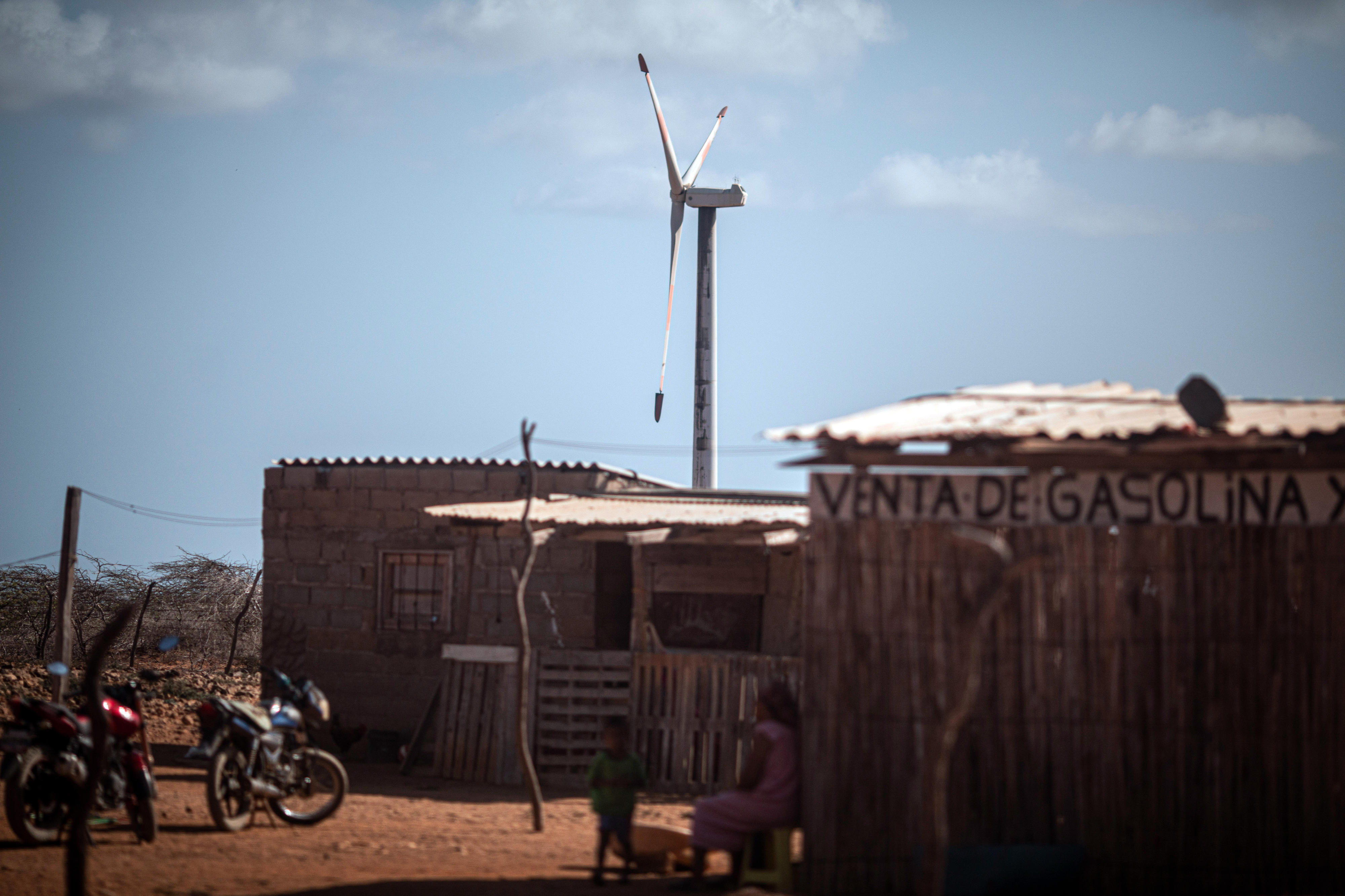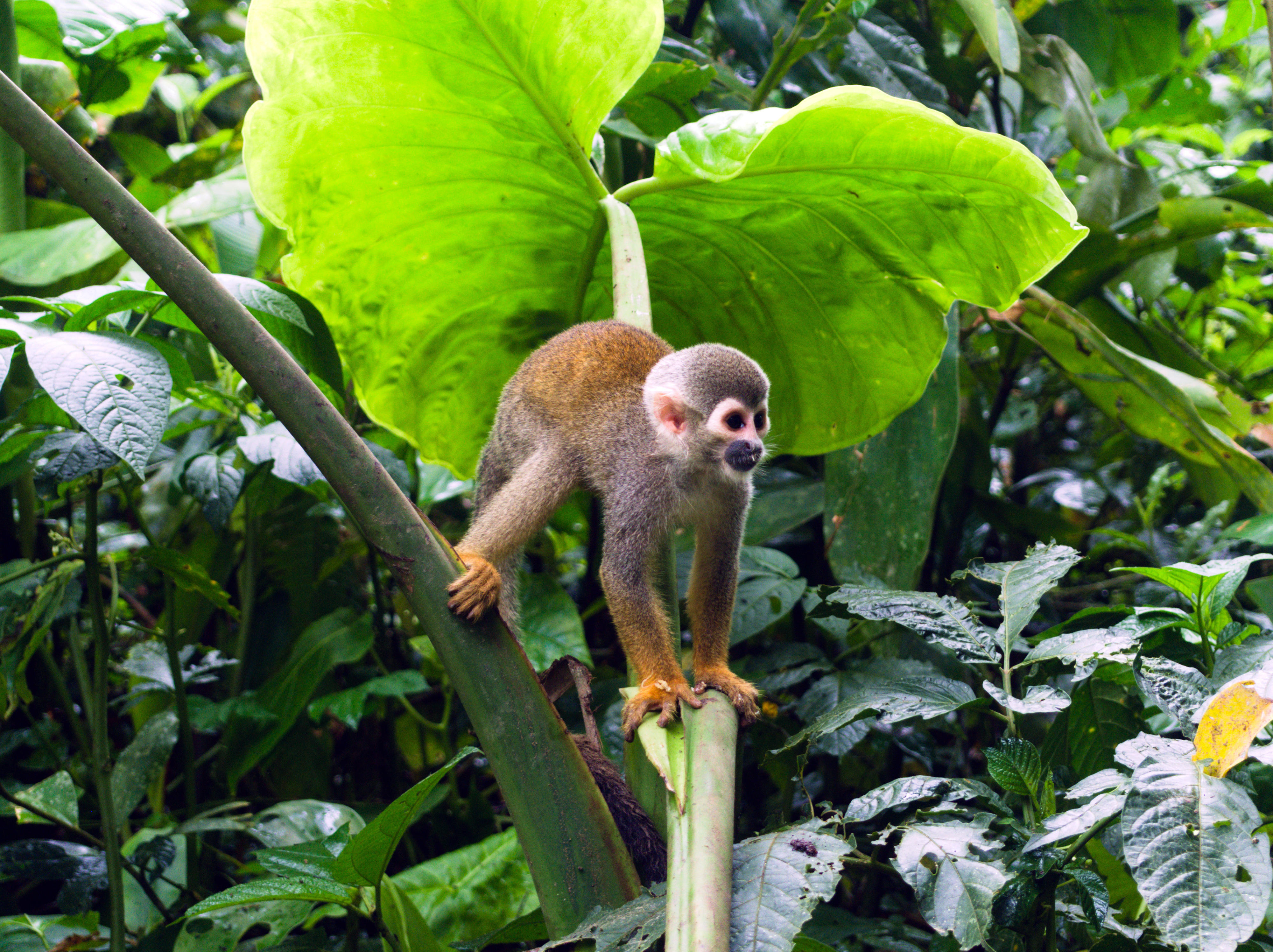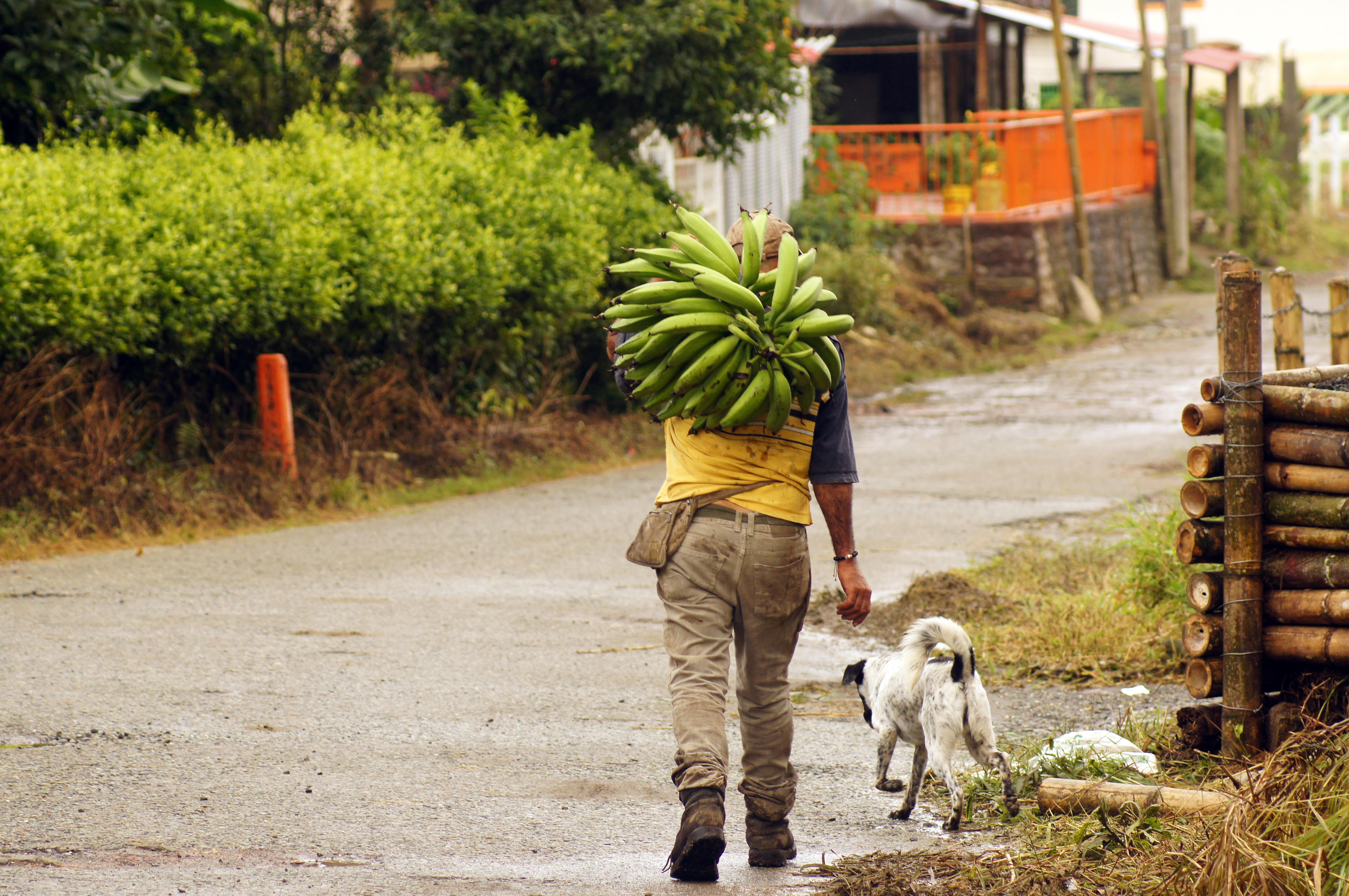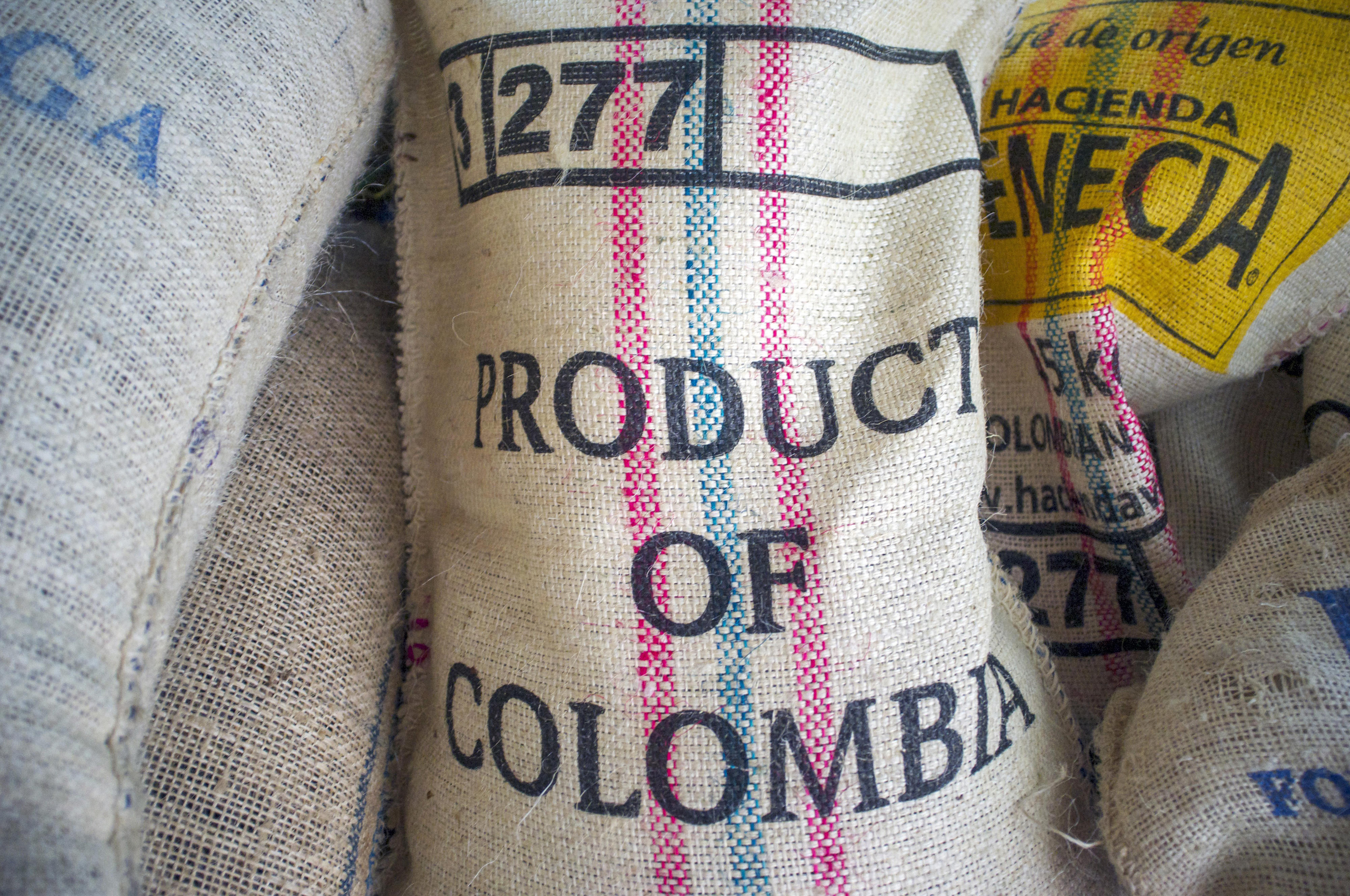View of the city of Cartagena on the Colombian Caribbean coast
Colombia
Implementing the peace agreement and ending the conflict with remaining armed groups (the ELN guerrilla, drug cartels, FARC dissidents) is now the focus of domestic policymaking in Colombia, as part of the current government's “paz total” (comprehensive peace) policy. This is presenting the government with major challenges. The hope is that it will be possible to build lasting political and social peace in Colombia, overcome the division of society in a non-violent way, and appropriately address the crimes of the past.
Peace is still fragile, and so is the security situation in some regions. One cause for concern is the growing violence against social leaders and against people who are working for human rights, social concerns and the protection of the environment.
One of the major challenges that the country is facing is the large number of refugees and internally displaced persons in Colombia. According to 2024 data from the Office of the United Nations High Commissioner for Refugees (UNHCR), the number of people who have been internally displaced by violence is seven million, and in addition there are now about 2.8 million refugees from neighbouring Venezuela, who are likely to remain in Colombia permanently.
In addition to comprehensive peace, the priorities set by Colombia's first left-wing government under President Gustavo Petro include a social-ecological transformation of the economy and the decarbonisation of the country's energy supply. Moreover, a special focus is being put on development for Colombia's rural regions, which have so far often been marginalised, and for disadvantaged groups (women, children, Afro-Colombians, Indigenous people and others). Domestically, President Petro is facing strong opposition from conservative political players, who feel that his reform policies go too far.
International cooperation
Colombia is playing a constructive role in important global development processes such as the 2030 Agenda and the United Nations climate negotiations. In response to the country's reform efforts, it was declared a “global partner” of NATO in May 2018, and in 2020 it was admitted to the OECD as a new member.
Relations with Germany
Germany and Colombia have close political, economic and cultural relations. Germany has actively followed and supported the national peace process from the beginning, and Germany is Colombia's largest trading partner within the EU.
German development cooperation with Colombia
In support of the historic peace process after more than 50 years of civil war, and also in view of Colombia's important role for global climate action and environmental protection, the German government has continuously expanded its cooperation with Colombia since 2010.
The two countries' close cooperation focuses on support for the peace process and for climate action and environmental protection.
On 16 June 2023, the German ministries for development, foreign affairs, economic affairs and the environment entered into a Climate and Just Energy Transition Partnership with Colombia. This is intended to intensify cooperation on renewable energy, sustainable urban development, environmental protection and biodiversity, so that Colombia will be able to deliver on its Nationally Determined Contributions under the Paris Agreement.
Bilateral cooperation focuses on the following core areas:
- Peaceful and inclusive societies | Areas of intervention: peacebuilding and migration
- Climate and energy, just transition | Areas of intervention: renewable energy and sustainable urban development
- Conserving nature and natural resources, protecting life on Earth | Areas of intervention: forests and biodiversity
SDG trends for Colombia
- On track or maintaining SDG achievement
- Moderately improving
- Stagnating
- Decreasing
- Trend information unavailable
